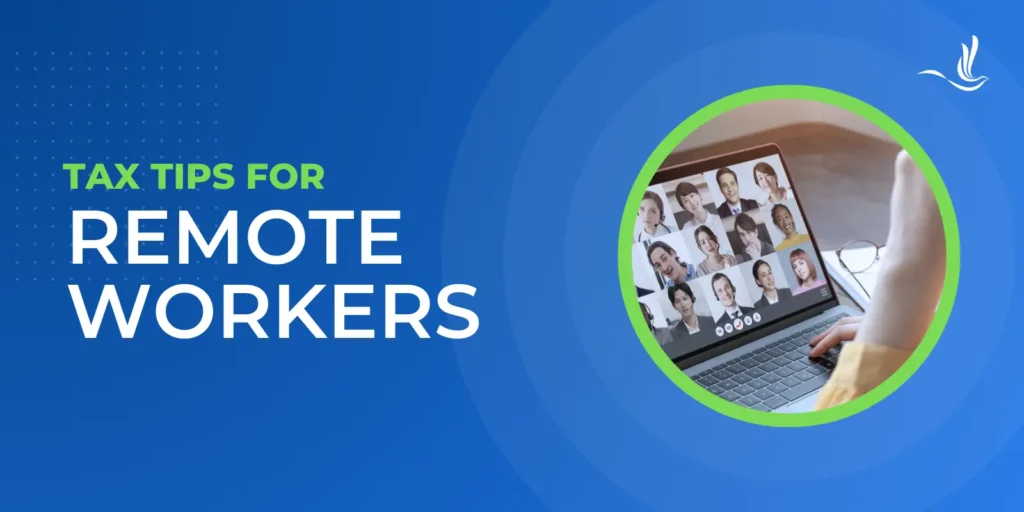
In an era where remote work is becoming increasingly prevalent, individuals are enjoying the freedom and flexibility that come with working from the comfort of their own homes. However, along with this newfound flexibility comes the responsibility of managing your finances efficiently, especially when it comes to taxes. Remote workers face unique tax considerations that differ from traditional office employees. Here are some essential tax tips to help remote workers navigate the complexities of the tax system and maximize their financial well-being.
Understand Your Tax Residency
Tax residency is crucial for remote workers, especially if you live in one state but work remotely for a company located in another state or even country. Your tax obligations can vary depending on where you are considered a resident for tax purposes. Be sure to understand the residency rules of both your home state and the state or country where your employer is based.
Be Aware of State Tax Implications
As a remote worker, you may need to file taxes in multiple states, depending on where you live and where your employer is located. Some states have reciprocal agreements that allow residents to avoid double taxation, while others require you to file state taxes in both your home state and the state where your employer is based. Familiarize yourself with the tax laws of each state to ensure compliance and minimize your tax burden.
Keep Detailed Records
Remote workers often have various work-related expenses, such as home office costs, internet bills, and equipment purchases. Keeping detailed records of these expenses throughout the year can help maximize your deductions come tax time. Utilize tools like expense tracking apps or spreadsheets to keep everything organized.
Claim Home Office Deductions
If you use a dedicated space in your home for work, you may be eligible to claim a home office deduction. The IRS offers two methods for calculating this deduction: the simplified method, which allows you to deduct $5 per square foot of your home office space, up to 300 square feet, or the regular method, which involves calculating the actual expenses associated with your home office, such as rent, utilities, and home maintenance costs. However, you should confirm your eligibility for this deduction before claiming it. W-2 employees are not eligible for this deduction. This deduction is for self-employed individuals.
Take Advantage of Retirement Accounts
Remote workers often have more flexibility when it comes to retirement planning. Consider contributing to tax-advantaged retirement accounts such as a traditional or Roth IRA, SEP IRA, or Solo 401(k). These accounts offer various tax benefits, including tax-deferred or tax-free growth, depending on the type of account you choose.
Plan for Estimated Taxes
Unlike traditional employees who have taxes withheld from their paychecks, some remote workers are typically responsible for paying estimated taxes quarterly. Failure to pay estimated taxes on time can result in penalties and interest charges. Keep track of your income throughout the year and make quarterly estimated tax payments to avoid any surprises at tax time.
Seek Professional Guidance
Tax laws can be complex and subject to change, especially for remote workers with unique circumstances. Consider consulting with a tax professional who specializes in remote work to ensure you’re taking full advantage of all available deductions and credits while staying compliant with tax laws.
Tax Help for Remote Workers
By understanding these essential tax tips and implementing sound financial practices, remote workers can effectively manage their tax obligations and maximize their financial well-being. With proper planning and diligence, you can make the most of your remote work lifestyle while minimizing the stress of tax season. Optima Tax Relief is the nation’s leading tax resolution firm with over a decade of experience helping taxpayers with tough tax situations.
Contact Us Today for a No-Obligation Free Consultation